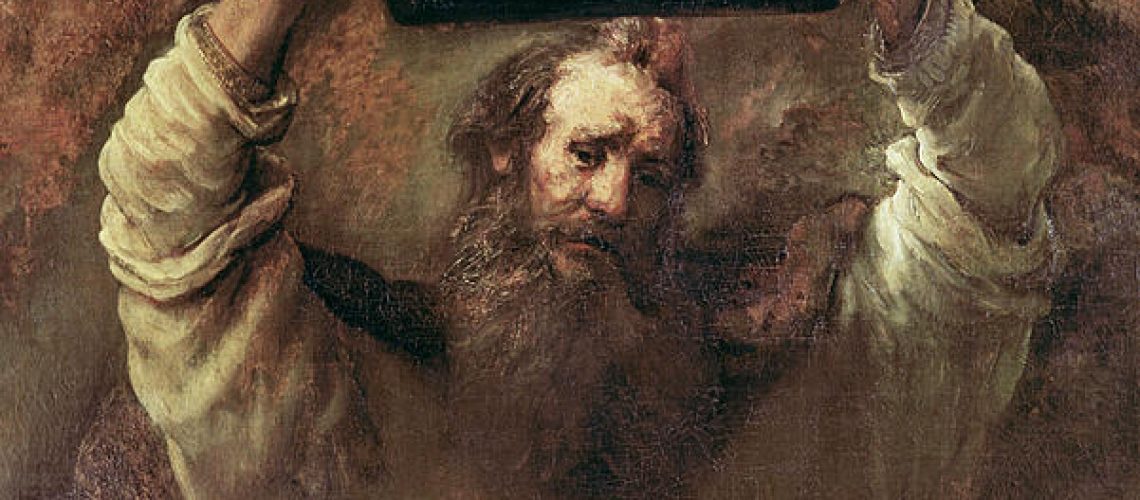Good afternoon Lebanon and friends,
We have resumed the Monday morning ZOOM Bible Study at 10am on Acts.
Remaining this week:
Wednesday: Matins @ 8:15am, Confession and Absolution @ 10am, NO COMMUNION SERVICE @ 1:30pm (Pastor has an appointment), Vespers @ 5:30pm.
Thursday: Pastors’ Text Study ZOOM @ 2:30pm. NO CREDO this week.
Looking ahead:
A Scrapbooking Meeting will be held on Tuesday the 26th @ 1pm.
Pastor will be out of town from the 29th – 31st. He and Colleen will attend the West Virginia Mushroom Club Foray again this year in Davis, WV. This will conclude his summer vacation time.
A Meditation from Luther on the Law in anticipation of “Law Sunday”
Therefore we have enough to do all our life long in taming the body, slaying its lusts, and compelling its members to obey the spirit and not the lusts. Thus we become like the death and resurrection of Christ, and complete our baptism—which signifies the death of sin and the new life of grace—until we are entirely purified of sin, and even our bodies rise again with Christ and live forever.
All this we can do, he says, because we are under grace and not under law. He himself explains what this means. To be without the law is not the same thing as to have no laws and to be able to do what one pleases. Rather we are under the law when, without grace, we occupy ourselves with the works of the law. Then sin certainly rules [us] through the law, for no one loves the law by nature; and that is great sin. Grace, however, makes the law dear to us; then sin is no longer present, and the law is no longer against us but one with us.
This is the true freedom from sin and from the law. He writes about this down to the end of the chapter, saying that it is a freedom only to do good with pleasure and to live well without the compulsion of the law. Therefore this freedom is a spiritual freedom, which does not overthrow the law but presents what the law demands, namely, pleasure [in the law] and love [for it] whereby the law is quieted and no longer drives men or makes demands of them. It is just as if you owed a debt to your overlord and could not pay it. There are two ways in which you could rid yourself of the debt: either he would take nothing from you and would tear up the account, or some good man would pay it for you and give you the means to satisfy the account. It is in this latter way that Christ has made us free from the law. Our freedom is, therefore, no carefree fleshly freedom which is not obligated to do anything, but a freedom that does many works of all kinds, and is free of the demands and obligations of the law.
Martin Luther, Luther’s Works, Vol. 35: Word and Sacrament I, ed. Jaroslav Jan Pelikan, Hilton C. Oswald, and Helmut T. Lehmann, vol. 35 (Philadelphia: Fortress Press, 1999), 375–376.
